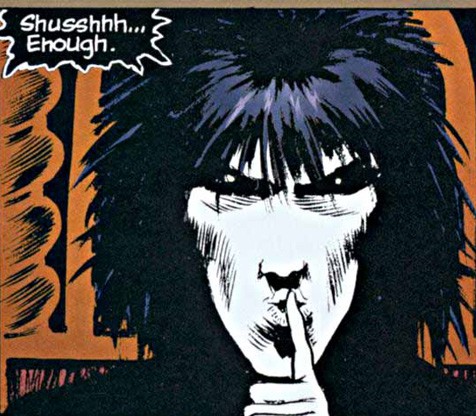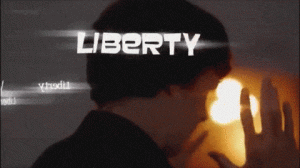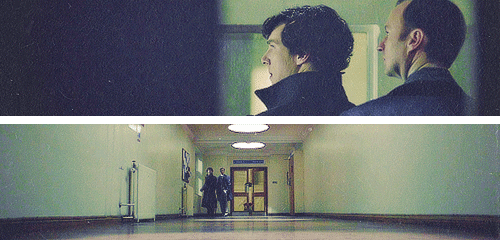If you have seen the BBC TV series Sherlock, you must be aware of the term “mind palace”.
The phrase makes its appearance in the first season, and seems to be played for both shock/awe and laughs. Every time, Sherlock boots people out from his immediate vicinity to access the “palace” and gets into a CGI-enhanced zone where he accesses, sifts through and retrieves information. By season 3, the mind palace has become a recurring concept, part of Sherlock’s self-aggrandizing charm, with Watson and every other character making references to it now and then. As it turns out, Sherlock’s nemesis in Season 3 also has a mind palace of his own. Sounds like a very Convenient Tool from the writers’ arsenal, right?
Until I realized, after reading the first few chapters of a book called Moonwalking with Einstein, that the mind palace is an actual mnemonic device in use since Greco-Roman times, called ‘method of loci’. There is a Wikipedia page that talks about it in detail. People who practice and participate in the World Memory Championships use this technique to hone their brain to the extent where they can memorize the order of a shuffled deck of playing cards in as less time as possible (21 seconds is the world record, at the moment), or as many numbers as possible within the space of an hour, or random names in 15 minutes. How do they do it? It requires tremendous amount of focus and a meditative state of mind to construct a “real place” in your mind – I believe the programmatic analogy would be a multi-dimensional hash-map where the key iterator is about travelling through that real place and storing/retrieving values as you mentally walk through that place. Here is a great and detailed post that goes into way more detail than I can get into.
The book is written by a journalist named Joshua Foer, and details his own attempt at the World Memory Championships. Like I said, I have just started on the book and it’s super interesting so far – and I love the way it begins, with an account of (apparently) the first historical use of the method of loci.
There were no other survivors.
Family members arriving at the scene of the fifth-century-B.C. banquet hall catastrophe pawed at the debris for signs of their loved ones – rings, sandals, anything that would allow them to identify their kin for proper burial.
Minutes earlier, the Greek poet Simonides of Ceos had stood to deliver an ode in celebration of Scopas, a Thessalian nobleman. As Simonides sat down, a messenger tapped him on the shoulder. Two young men on horseback were waiting outside, anxious to tell him something. He stood up again and walked out the door. At the very moment he crossed the threshold, the roof of the banquet hall collapsed in a thundering plume of marble shards and dust.
He now stood before a landscape of rubble and entombed bodies. The air, which had been filled with laughter moments before, was smoky and silent. Teams of rescuers set to work frantically digging through the collapsed building. The corpses they pulled out of the wreckage were mangled beyond recognition. No one could even say for sure who had been inside. One tragedy compounded another.
Then something remarkable happened that would change forever how people thought about their memories. Simonides sealed his senses to the chaos around him and reversed time in his mind. The piles of marble returned to pillars and the scattered frieze fragments reassembled in the air above. The stoneware scattered in the debris re-formed into bowls. The splinters of wood poking above the ruins once again became a table. Simonides caught a glimpse of each of the banquet guests at his seat, carrying on oblivious to the impending catastrophe. He saw Scopas laughing at the head of the table, a fellow poet sitting across from him sponging up the remnants of his meal with a piece of bread, a nobleman smirking. He turned to the window and saw the messengers approaching as if with some important news.
Simonides opened his eyes. He took each of the hysterical relatives by the hand and, carefully stepping over the debris, guided them, one by one, to the spots in the rubble where their loved ones had been sitting.
At that moment, according to legend, the art of memory was born.
[amazon asin=0143120530&template=iframe image]





